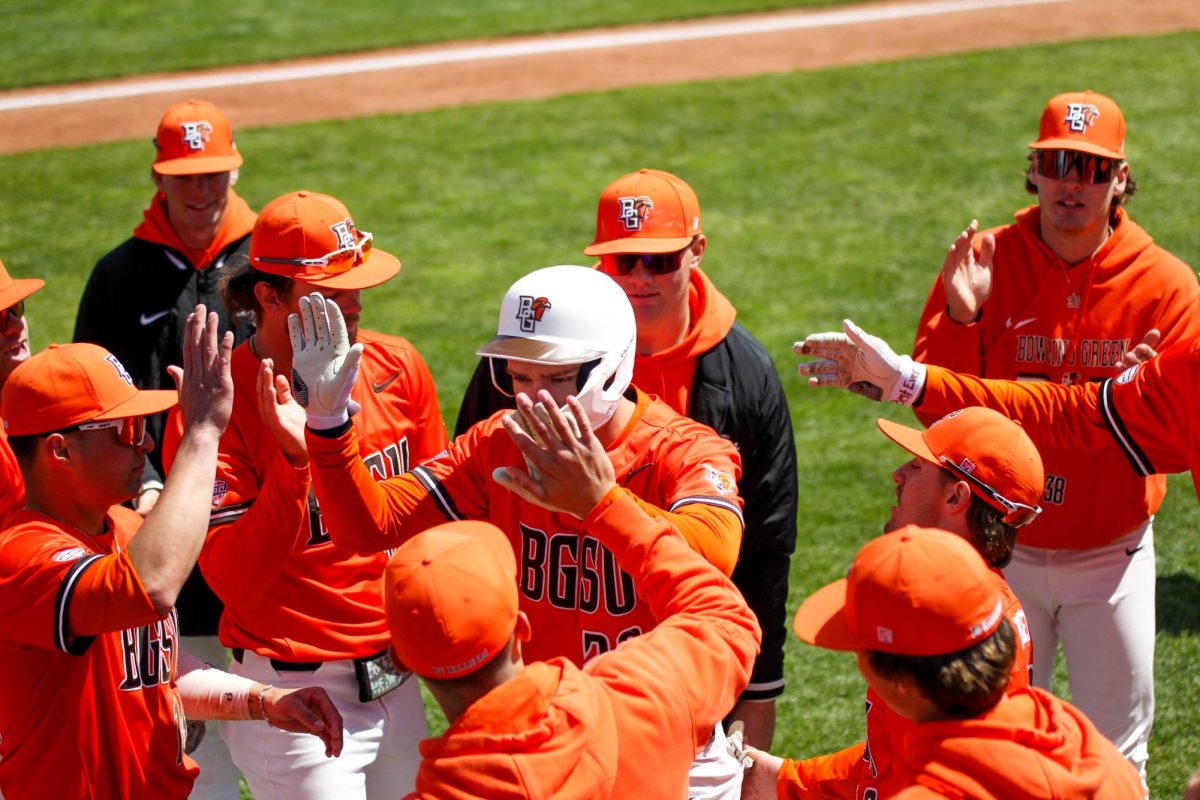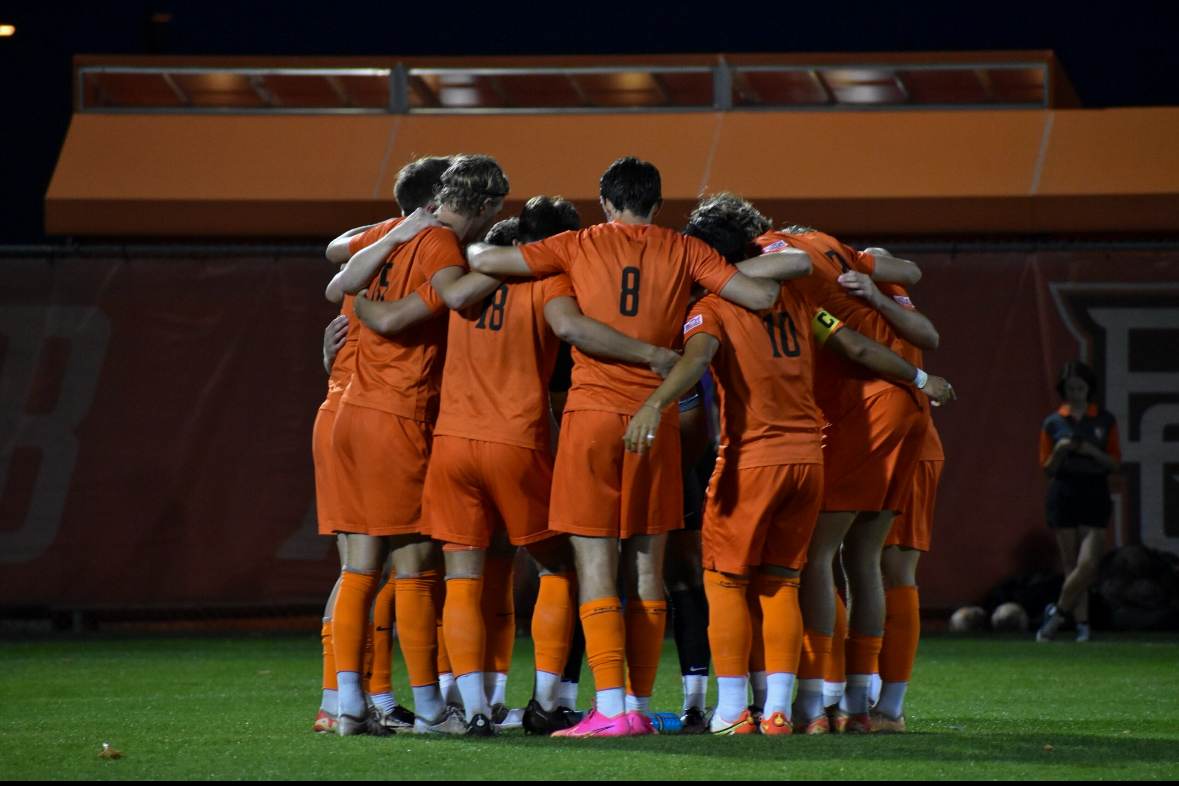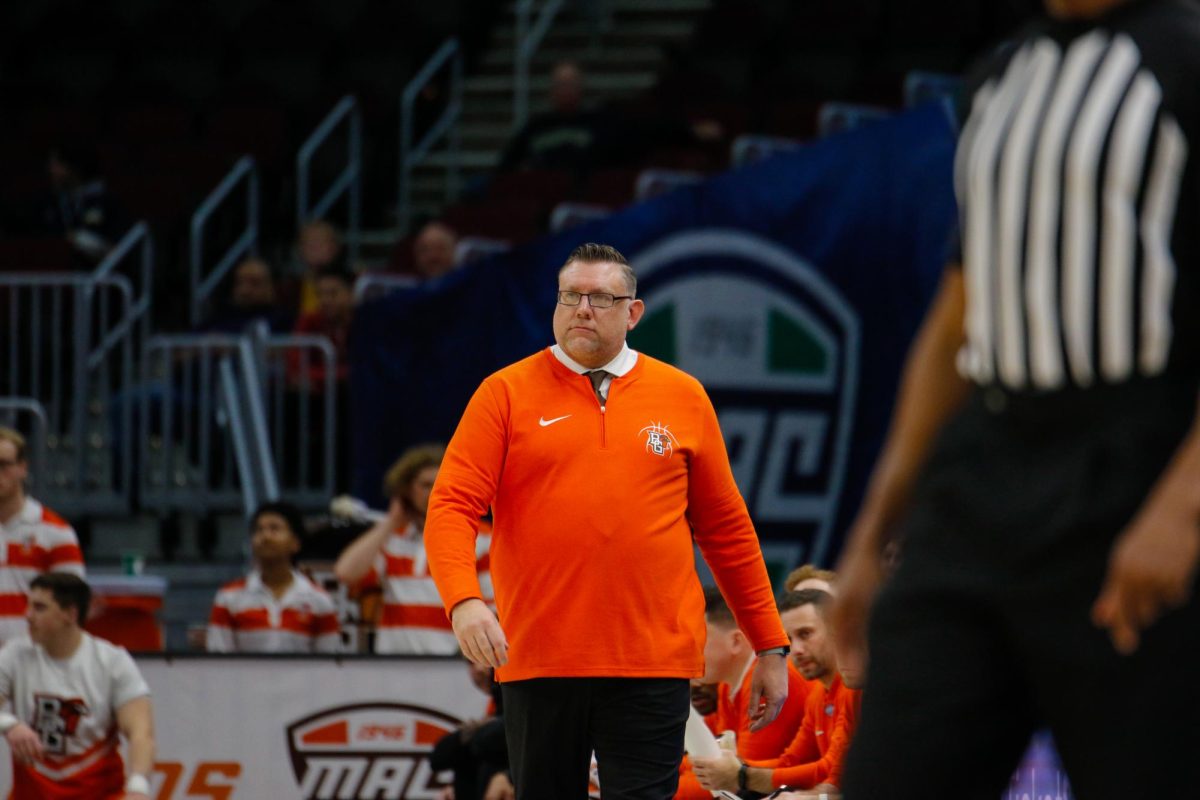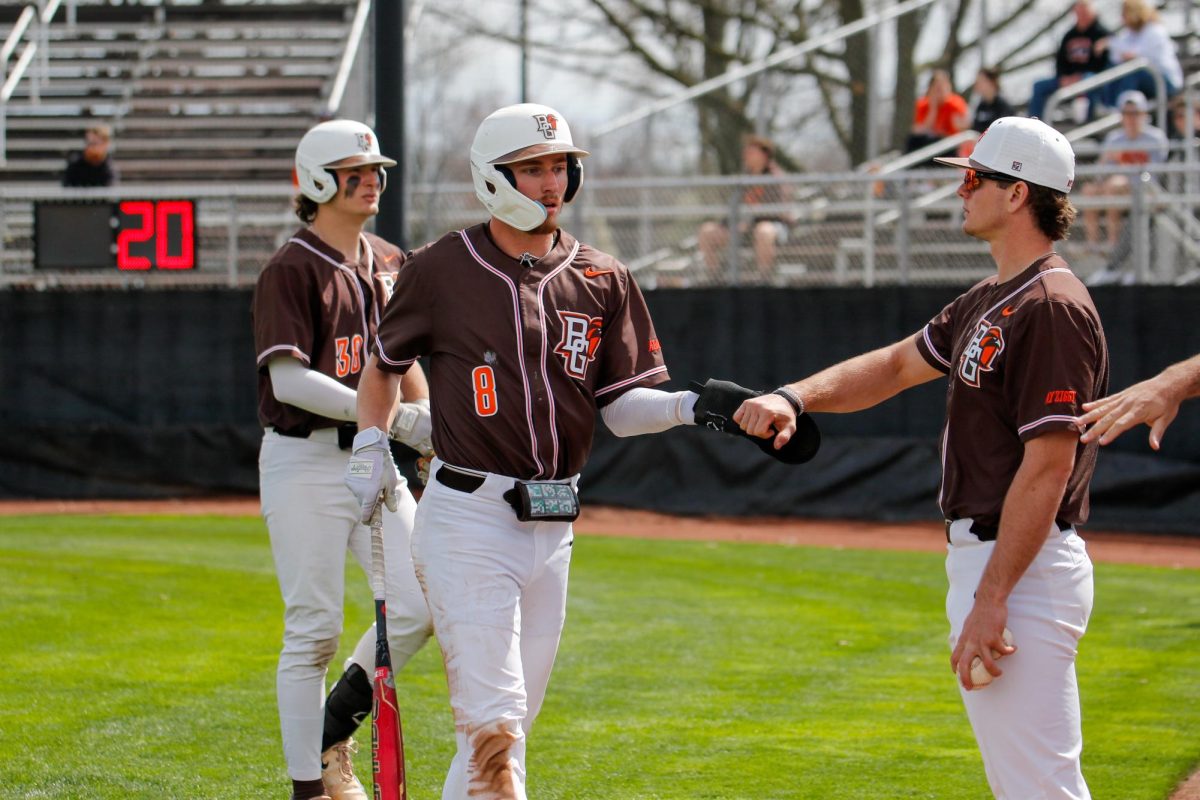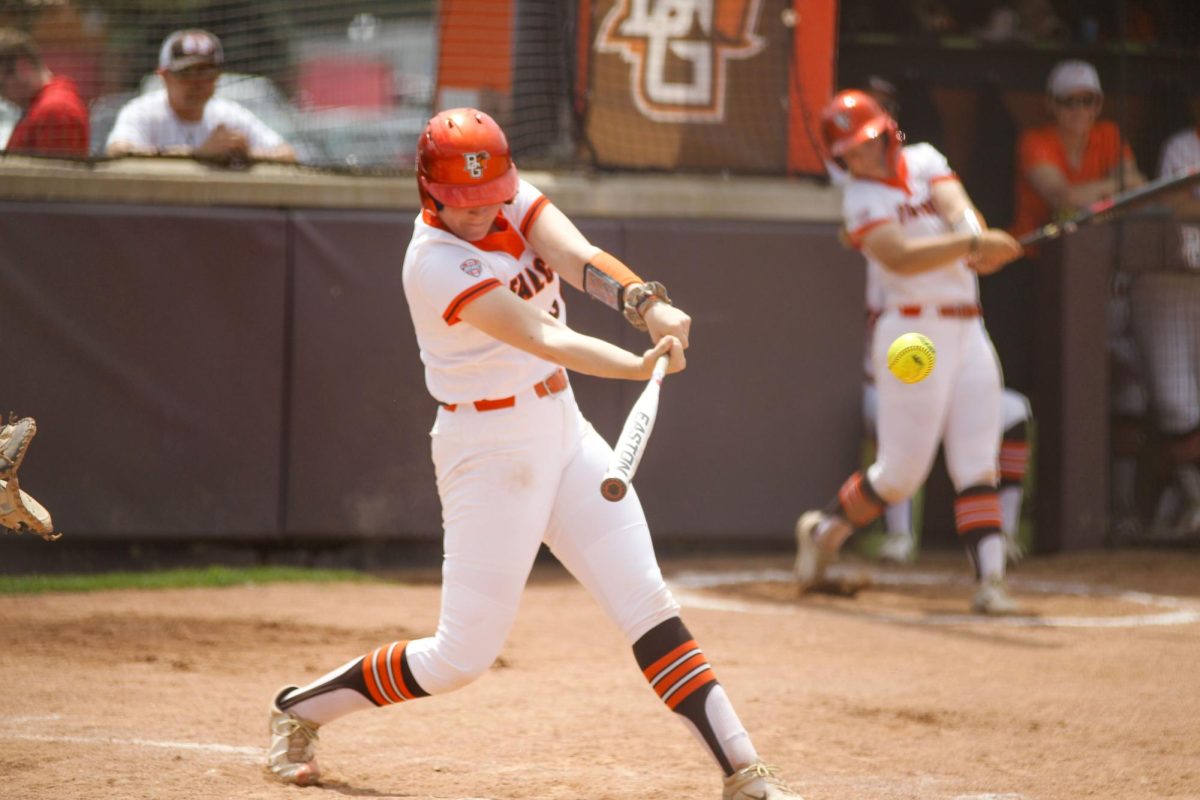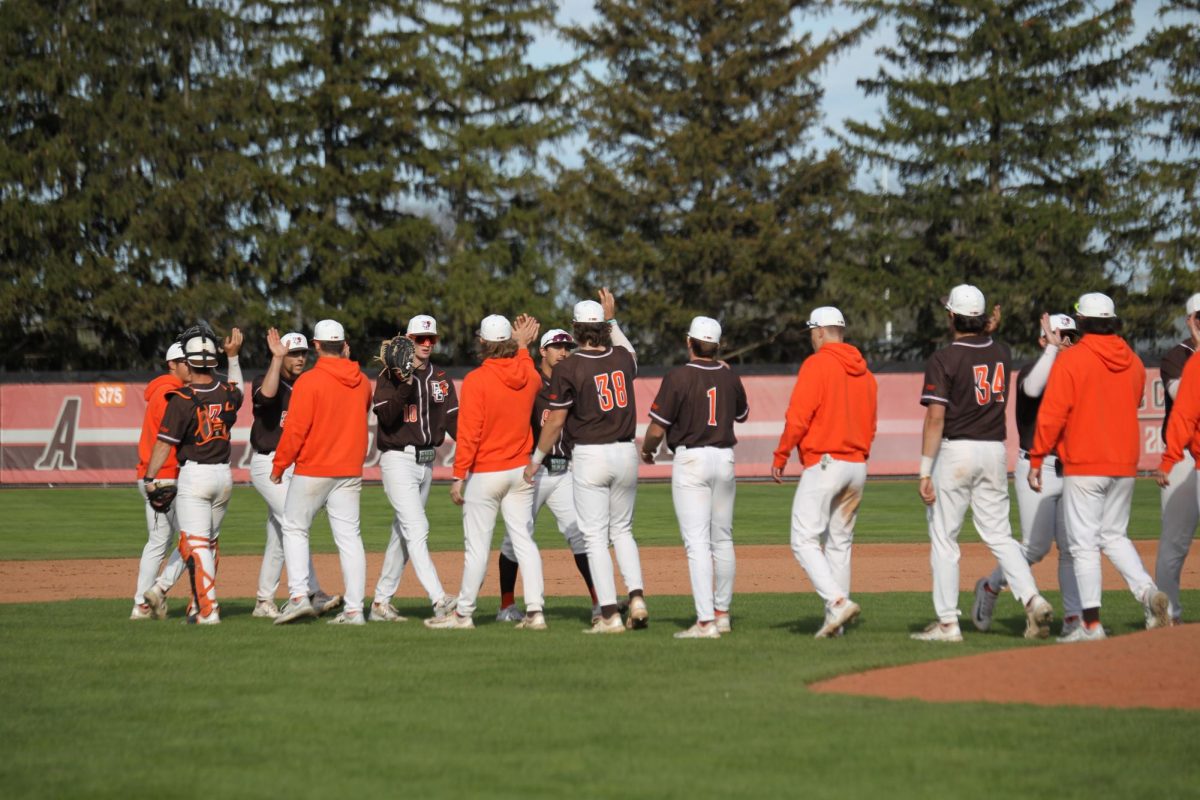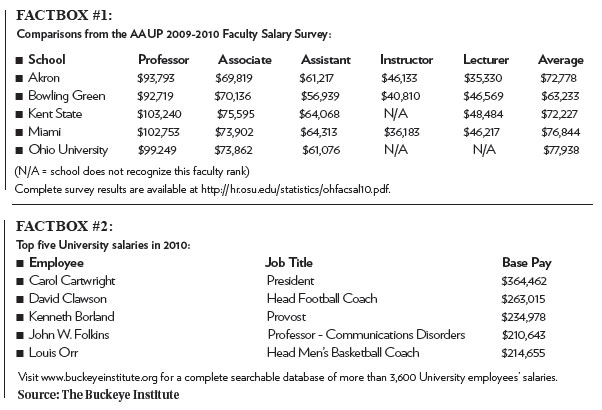As the University Administration and BGSU Faculty Association prepare negotiations, both think faculty salaries will be a major topic at the bargaining table.
The University’s faculty members are among the lowest paid in the state, according to last year’s annual survey by the American Association of University Professors.
The University ranks 11 out of 12 participating institutions in average faculty salary, with an average salary of $63,233, according to the AAUP. The only university that pays lower is Shawnee State University, with an average faculty salary of $58,012.
“Our salaries lag behind most other universities in Ohio and that’s one of the big reasons we elected to unionize,” said David Jackson, FA president. “I think it was a factor of a lot of people’s support.”
The administration is doing all it can to address the discrepancies with limited funds and keep salaries competitive, said Becca Ferguson, chief Human Resources officer.
In fiscal year 2009, most faculty members were exempt from mandatory furloughs and in fiscal year 2010, faculty salaries increased 2.5 percent, she said.
“We have never said [faculty] were paid well in relationship to our peers,” Ferguson said. “We have always believed that our faculty members were underpaid and we have a board that is currently trying to see if we can’t do something to help … I can understand why they don’t think we’re doing more.”
However, comparisons between universities become more complicated when data is broken into faculty ranks, she said.
The University has the lowest percentage of tenured faculty, who are paid most, and the highest percentage of non-tenured faculty, who are paid least.
“Therefore, one could jump to the conclusion that the numbers are skewed slightly, because we don’t have as many full-time professors,” Ferguson said. “That’s why it’s going to be an interesting conversation at the bargaining table. We’re doing better in some categories than in others.”
Jackson said the AAUP is the “gold standard” for comparing faculty salaries nationwide but, like Ferguson, also said it’s necessary to control for as many variations as possible.
“But even when you control for rank and compare us to institutions that we’re most like, we’re still lagging behind in most categories,” he said.
Karen Craigo, FA director of communications, said new committees like the Salary Research Committee are busy researching policies of other unionized institutions that may have “a good fit here” as the FA prepares to negotiate salaries.
“We don’t aspire to compete with schools like Ohio State in terms of salary, but we do aspire to be competitive,” she said. “We obviously don’t know what to ask for just yet, but I don’t think it’s unreasonable to rise to the middle. We’re a long way from the middle of the pack right now.”
It appears there is still a long way to go.
As the administration and FA prepare their bargaining teams for salary negotiations, both Ferguson and Jackson emphasized that the timeline for bargaining is usually extensive. The University of Akron — the most recent state university to unionize — ratified a bargaining contract in about two and a half years.
The FA wants to have its contract ready by fall 2012, after it ratifies a constitution and selects its officers and bargaining teams.
“It’s entirely reasonable to meet that objective,” Jackson said. “There’s a lot of anticipation, and people are eager to get things moving forward. There are a lot of exciting changes taking place.”






